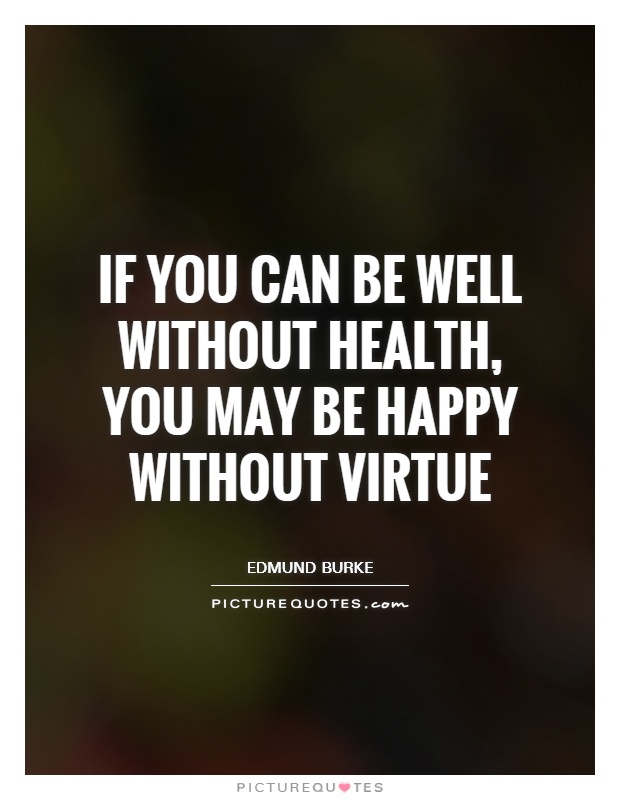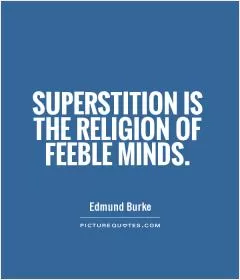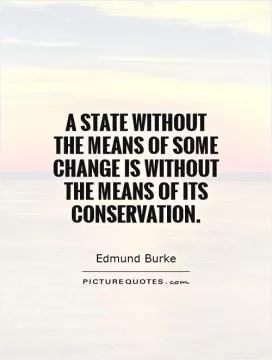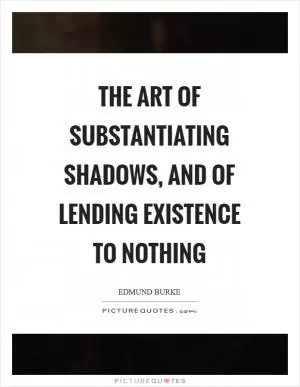If you can be well without health, you may be happy without virtue

If you can be well without health, you may be happy without virtue
The quote "If you can be well without health, you may be happy without virtue" is often attributed to the renowned Irish statesman and philosopher, Edmund Burke. This statement encapsulates a profound insight into the complex relationship between health, happiness, and virtue. Burke, known for his influential writings on politics, society, and aesthetics, was a keen observer of human nature and the intricacies of moral philosophy.In this quote, Burke seems to be suggesting that physical health and moral virtue are not necessarily prerequisites for well-being and happiness. While good health is undoubtedly important for a person's overall well-being, it is not the sole determinant of happiness. Similarly, while virtue is often considered a key component of a fulfilling and meaningful life, it is not the only path to happiness.
Burke's statement challenges the conventional wisdom that equates virtue with happiness. He seems to be suggesting that happiness can be achieved through other means, even in the absence of moral virtue. This idea is both provocative and thought-provoking, as it forces us to reconsider our assumptions about the nature of happiness and the role of virtue in achieving it.
One possible interpretation of Burke's quote is that happiness is ultimately a subjective experience that can be influenced by a variety of factors, including health, wealth, relationships, and personal fulfillment. While virtue may contribute to a sense of well-being and contentment, it is not the only path to happiness. People can find happiness and fulfillment in different ways, depending on their individual circumstances and values.












 Friendship Quotes
Friendship Quotes Love Quotes
Love Quotes Life Quotes
Life Quotes Funny Quotes
Funny Quotes Motivational Quotes
Motivational Quotes Inspirational Quotes
Inspirational Quotes